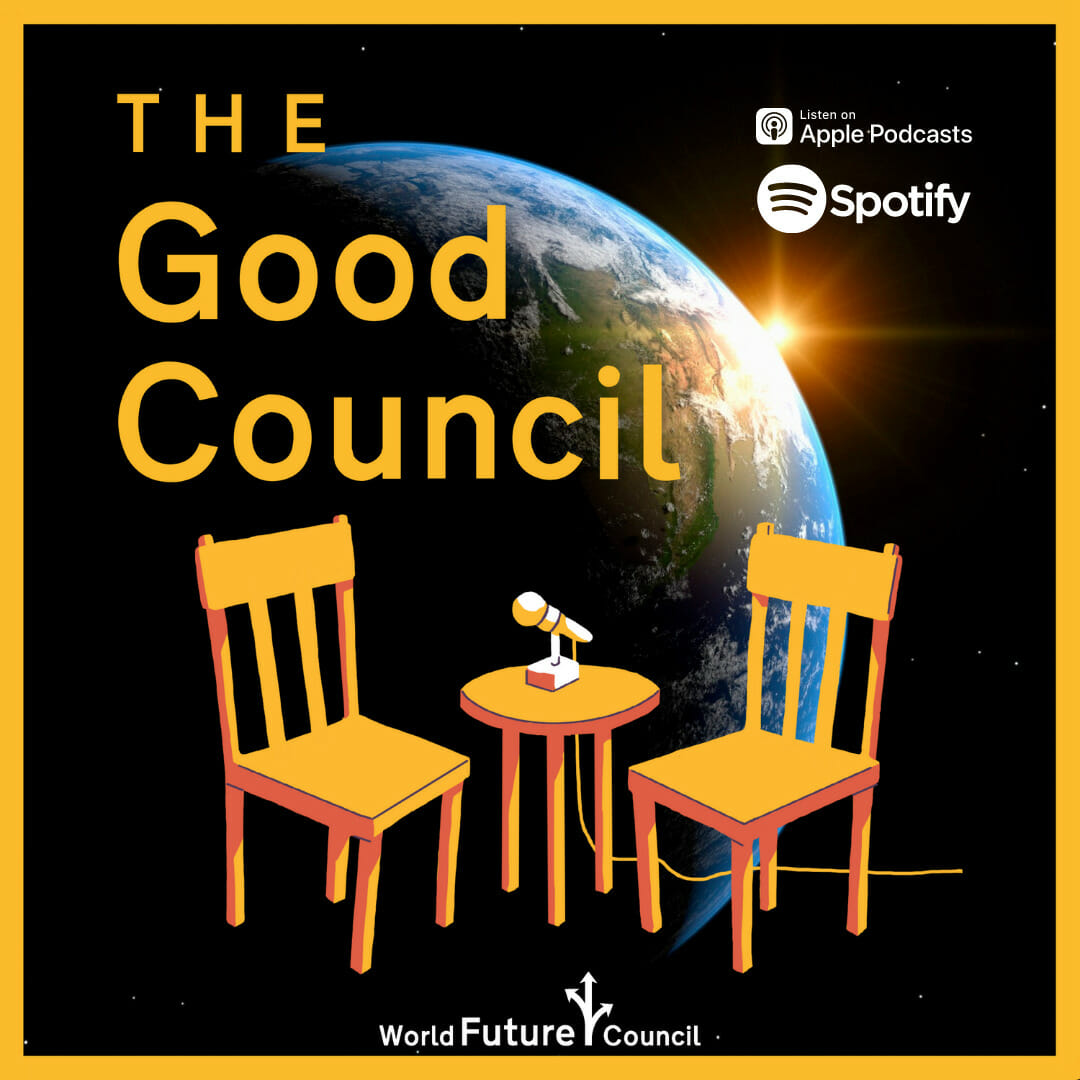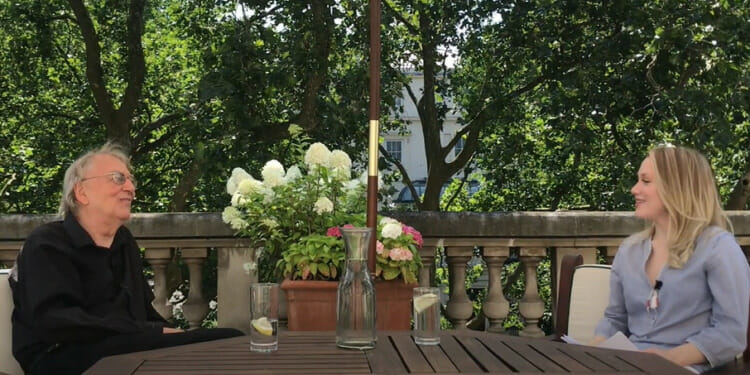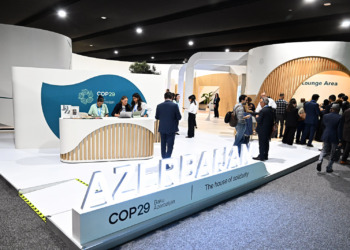This is the first article in the series “The Good Council”, based on the podcast from the World Future Council. It gives a behind-the-scenes look at the organization’s trajectory, from revolutionary idea to reality, and offers insights on its current agenda. The Good Council podcast provides inspiration, laughter, and food for thought through intergenerational dialogue between its founders, senior councillors, and young entrepreneurs and activists from around the globe.
What are best practices and sustainable solutions for our common future? How can we leave the planet in better shape for future generations? These are the questions the World Future Council has set out to answer.
The World Future Council aims to pass on a healthy and sustainable planet with just and peaceful societies to our children and grandchildren. To achieve this, the foundation identifies, develops, highlights, and spreads future-just solutions for current challenges humanity is facing and recognizes them with the Future Policy Award. The Council consists of 50 eminent global changemakers from civil society, science, politics and business. They meet annually at the World Future Forum to discuss the most urgent challenges and their policy solutions.
For the first episode of The Good Council, we’re hearing from a man with a revolutionary idea: Jakob von Uexküll, in conversation with Annika Weis. Born in Uppsala, Sweden, Jakob von Uexküll is the son of the author and journalist Gösta von Uexküll and grandson of the biologist Jakob von Uexküll. After schooling in Sweden and Germany he graduated with an M.A. (Honours) in Politics, Philosophy and Economics from Christ Church, Oxford. He holds both Swedish and German nationality. Jakob is married and has three children. He lives with his family in London.
He was a Member of the European Parliament (1987-89) where he served on the Political Affairs Committee and later on the UNESCO Commission on Human Duties and Responsibilities (1998-2000). Jakob has also served on the Board of Greenpeace Germany, as well as the Council of Governance of Transparency International. He is a patron of Friends of the Earth International and lectures widely on environment, justice and peace issues.

Annika: Being in this intergenerational dialogue, what do you think about the current youth, and about their activities and political participation?
Jakob: It is very difficult to generalize, because, growing up and in the world of today must be extremely challenging, because until recently, we had this idea that we are going to get this global future, which meant everybody was going to live and have a good comfortable life. And now we are seeing threats. The climate threat is the worst overreaching threat possible to imagine — I mean, it is within a comparatively short time period, where we were facing a threat to our very survival. It is easy to flee from that, it is easier to live in the present. But fortunately, there is an increasing number, especially of young people who are prepared to take the necessary changes to prepare to work for solutions.
A: What should they do? Why should they become active?
J: What is the alternative? There is no alternative anymore, to become part of the solution, because if you are not part of the solution, you are part of the problem. There is no neutrality possible. Even small solutions can grow and if you multiply small solutions, they become big solutions. But at the same time, don’t be too disillusioned, don’t doubt what’s possible, believe in what you can do. Your goal cannot be to maximize your own monetary wealth, your goal needs to be to maximize yourself as a person. And to maximize the well-being of the planet where you live.
A: Which is just very much not the focus of what the markets are oriented towards today.
J: People who used to believe that the market would probably provide a solution now are coming and saying, we need to intervene, we need to change the framework. What does that mean? It means the right laws, and that’s why the World Future Council was created, because I saw solutions were key and solutions were what the Right Livelihood Award is promoting, and solutions are still key. But without legal solutions ultimately, we’re not going to get there because as Martin Luther King said, it’s not just enough to inspire people, you need actually to restrict those who don’t want to be inspired.

A: You founded the World Future Council in 2007. Can you give us an overview of what the World Future Council does?
J: Well, the World Future Council was set up to ensure that the future is sustainable and global. Because at the moment, we have a future which is very focused on a small minority and pretends to care about the rest of the world. But basically, it is a lifestyle, which is not globally replicable. And so, the World Future Council looks at that challenge and picks it up and wonders what kind of solutions do we need to change that? So, it was very much filling a gap in current institutions because there are so many who basically are built on the current present, but don’t look at it from the perspective of the future. And this is what the World Future Council does.
A: This gives hope. Is our generation still up for the challenge that we’re facing?
J: That’s the most difficult question. I think that if we’re not up to the challenge, then we’re facing a global disaster. There’s no way we can continue globalizing according to the present model. And I do think that there are enough inspiring solutions that one can expect people to. We’re not saying that you’re going to have to live in misery. But we’re saying you have to be prepared to live less materialistic and more sharing lifestyles, sharing many of the things which we have taken for granted.
And of course, that means that you need a different economic system, because at the moment, the system is based on eternal new growth, and on everybody maximizing their own benefits. But this is also a way of organizing the sharing. And I believe that it certainly is possible in time, but whether we will do it in time, is very difficult to say, because the propaganda of the individualistic market is very powerful and has been raised. Now this has become a global goal. And we know very much it’s not a global goal, it is just not possible for it to be a global goal.
A: After all you achieved, are there any lessons learned in your life?
J: To always focus on what you can share and see how you can build solutions for the most urgent problems we face and do that without saying this is unrealistic. You will never know what’s realistic until you try it.
Editor’s Note: The opinions expressed here by Impakter.com contributors are their own, not those of Impakter.com. — In the Featured Photo: Jakob von Uexküll in conversation with The Good Council’s Annika Weis. Photo credit: Annika Weis











